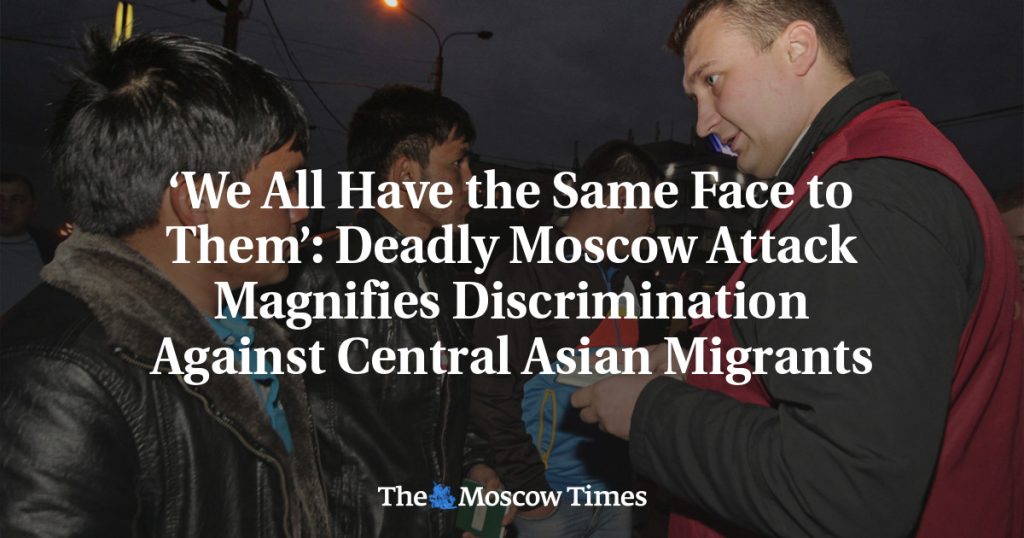A taxi driver from Kyrgyzstan spoke with The Moscow Times about the increased xenophobia and hostility towards migrant workers in Russia following a deadly attack at a concert venue in Moscow. The driver described fears for his safety and the challenges faced by the migrant community, which includes 3 million workers from Central Asia who contribute to their home countries’ economies through remittances. Russian security forces arrested 11 people in connection with the attack, leading to raids on migrant communities and reports of xenophobic attacks on Tajik workers.
Human rights lawyer Valentina Chupik received over 3,200 requests for assistance from migrants in the aftermath of the attack, with many cases involving wrongful accusations and mistreatment by authorities. Russian officials responded by proposing new restrictions on foreign workers, including centralized employment control and limited contract terms. Police raids targeting migrants have taken place in various cities across Russia, leading to concerns about escalating xenophobia and discrimination against the migrant population.
Amidst growing tensions, some officials have made anti-migrant statements, fueling fears within the migrant community. While there have been reports of discrimination and refusal of services based on ethnicity, it is too early to determine if there has been a significant increase in xenophobic incidents. Central Asian diaspora members have varied reactions to the situation, with some feeling safe and continuing their activities, while others express concerns about safety and the impact on migrant workers coming to Russia.
With the economy heavily reliant on migrant labor, the decrease in Central Asian workers coming to Russia could have significant implications. The combination of legal obstacles and xenophobia may deter more workers from seeking opportunities in the country, impacting both the migrant community and the Russian economy. While the situation appears to be under control for now, there are concerns about potential consequences of the heightened tensions and discriminatory actions against migrants. Central Asian states are also considering how to address radical extremism and navigate their relationship with Russia moving forward.


